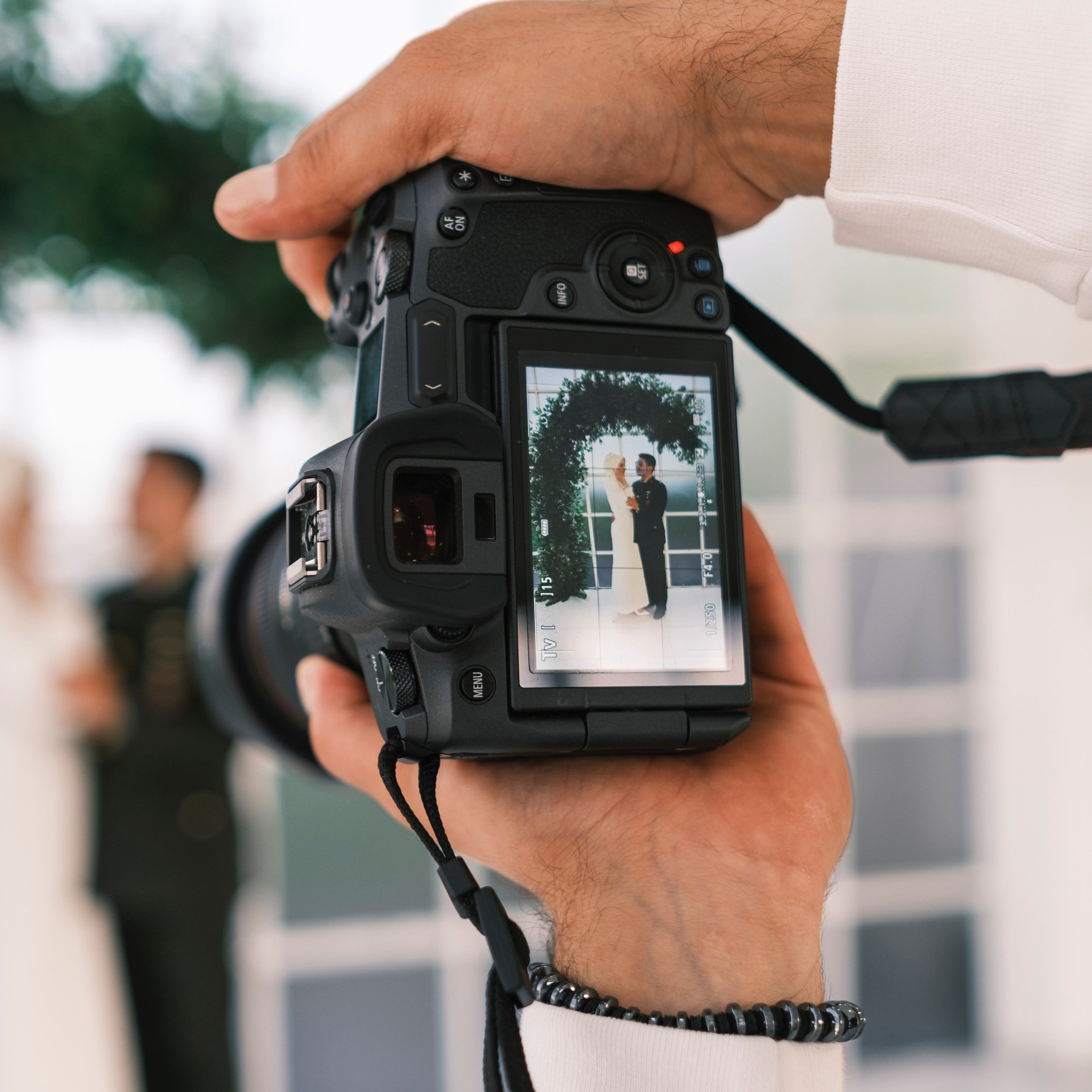Choosing The Best Equipment For Wedding Photography And Videography
Selecting the perfect equipment is crucial for photographers and videographers to capture the precious moments of a wedding. The abundance of choices can lead to overwhelming feelings when trying to make the right decision. This comprehensive guide aims to assist professionals in choosing the best gear for wedding photography and videography, taking into account factors such as budget, shooting style, and technical requirements.
Essential Gear For Wedding Photography
To achieve outstanding photography, having the right equipment is essential. Consider the following key factors:
Camera Selection
Opt for a full-frame DSLR or mirrorless camera for superior image quality and low-light performance. These cameras also provide flexibility in lens selection.
Look for cameras with dual card slots to ensure backup and redundancy, avoiding the risk of data loss.
Consider cameras with high-resolution sensors (20+ megapixels) for capturing intricate details.
Lens Selection
Fast prime lenses with wide apertures (e.g., 35mm, 50mm, or 85mm) are ideal for portraits and low-light conditions, offering beautiful depth of field .
Versatile zoom lenses (e.g., 24-70mm or 24-105mm) allow you to capture a variety of scenes throughout the day.
Include a telephoto lens (e.g., 70-200mm) for capturing candid moments and intimate shots from a distance.
Accessories
An external flash can effectively illuminate dimly lit venues and enhance the lighting dynamics of your images.
Using a tripod is crucial for maintaining stability while taking long-exposure shots, group photos, and capturing images in low-light conditions.
It is advisable to have additional batteries and memory cards with high capacity to prevent any inconvenience due to power or storage limitations.
Gear Essentials For Wedding Videography
Wedding videography is increasingly popular, offering couples the opportunity to relive their special day through captivating films. Here's what you need to consider for videography:
Camera Selection
Choose a mirrorless or DSLR camera with high-resolution video recording capabilities, excellent low-light performance, and manual control options.
Look for cameras with in-body image stabilization (IBIS) to achieve smooth footage.
Ensure that the camera supports external microphones to capture clear audio during speeches, vows, and other important moments.
Lens Selection
Use a wide-angle lens (e.g., 16-35mm) to capture the grandeur of wedding venues and expansive scenes.
A standard zoom lens (e.g., 24-70mm) offers versatility in capturing a range of scenes and details.
Consider a prime lens (e.g., 50mm or 85mm) for achieving beautiful bokeh and capturing intimate moments.
Accessories
Stabilization equipment, such as a gimbal or steadicam, ensures smooth and steady footage while moving.
Invest in high-quality external microphones to capture clear and crisp audio during important moments .
Neutral density (ND) filters help control exposure and achieve cinematic effects in outdoor shoots.
Factors To Consider In Camera and Lens Selection
Consider the following factors when choosing equipment for wedding photography and videography:
Budget
Determine your budget and allocate funds accordingly.
Consider renting equipment or purchasing used gear to save costs without compromising quality.
Prioritize essential items such as camera bodies and lenses , and expand your gear collection as your business grows.
Shooting Style
Understand your shooting style and desired aesthetic .
Research lenses and cameras that align with your style and cater to your preferences.
Technical Requirements
Evaluate the technical aspects of the wedding venues, such as lighting conditions and space constraints.
Choose equipment that can handle the specific challenges of each venue.
Client Expectations
Communicate with your clients to understand their vision and expectations for their photos or videos .
Discuss their preferences, specific moments they want to capture, and any special requests they may have.
Tailor your equipment choices to fulfill their distinct requirements and achieve outcomes that surpass their anticipations.
